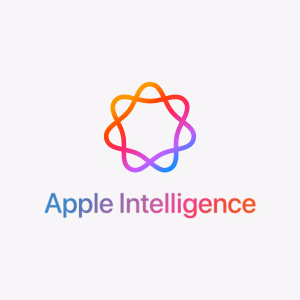A revolution is at hand, and the consequences could fundamentally change the identity of the Internet — or, more precisely, your identity within it.
Websites and social networks are increasingly changing the structure of their comments sections in an attempt to breathe civility back into what many see as the Wild West of the Web. Some publications have moved to tie user names to public profiles, while others have adopted systems that promote relevant comments over recent ones. Still others have gotten rid of commenting altogether.
Last fall, Popular Science made the decision to kill its comment sections, citing a recent study that showed uncivil comments not only polarize readers but often change their interpretation of a given news story. The 141-year-old magazine went so far as to claim “comments can be bad for science.”
But the nature of the modern Web ensures that pretty much any article ever written can be shared and commented on — if not on a publication’s own site then on Facebook, Twitter or Reddit.
“The essence of commenting and sharing runs much deeper than what’s below a story,” says Matt McLernon, communications manager at YouTube. “That conversation, that two-way element is going to happen one way or another.”
Lately, the Google subsidiary has been experimenting with different strategies for making comments more relevant to users, while at the same time limiting the impact of mean-spirited commenters, or “trolls.”
Some of the moves — particularly the decision to tie YouTube handles to Google+ accounts — have been met with considerable uproar.
Some see the ability to comment under a pseudonym as a valuable tool — or even a fundamental liberty. Whistle-blowers and protesters, for example, often rely on anonymity for their own safety.
“I think (anonymity is) an important legal right that needs to be protected,” says Matt Zimmerman, senior staff attorney at the Electronic Frontier Foundation.
But one consequence of anonymity is that discussion threads sometimes become unproductive or downright toxic. In an attempt to cleanse its own commenting culture, The Huffington Post recently banned anonymous commenting.
“Freedom of expression is given to people who stand up for what they’re saying and who are not hiding behind anonymity,” reasoned editor-in-chief Arianna Huffington in a statement last summer.
The bottom line on anonymous comments is that they tend to expose humanity in its most raw, uninhibited form — a fact that is as unfortunate as it is fascinating.
“When you have something that’s a tool of the populace, you will get the full spectrum,” says YouTube’s McClernon, “from hyper-intelligent to vitriolic and completely inane.”
USA TODAY










